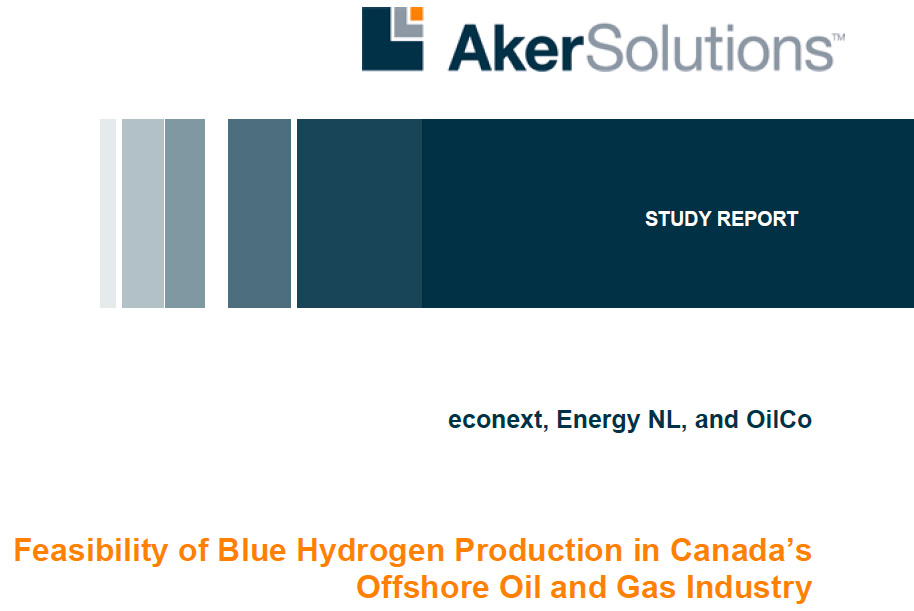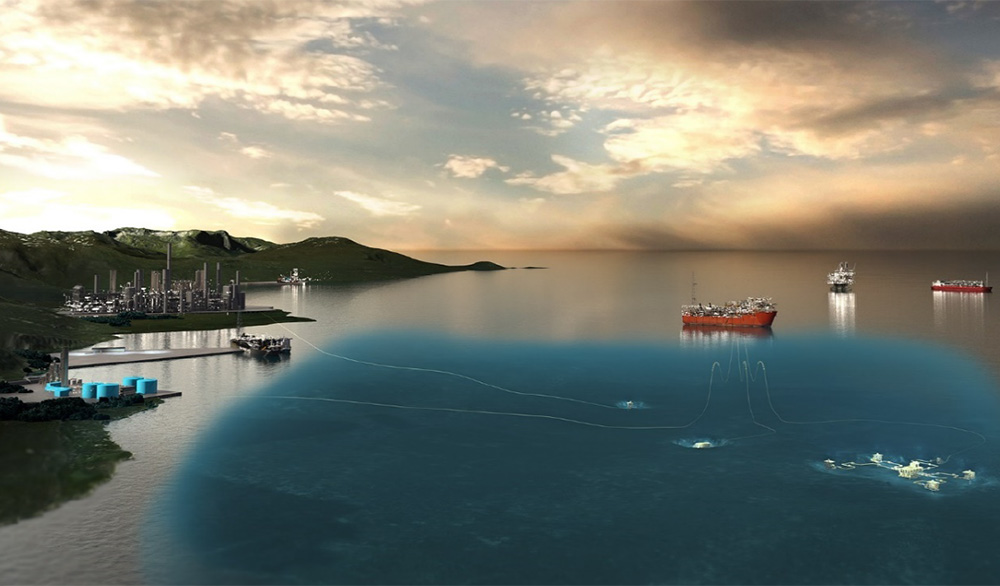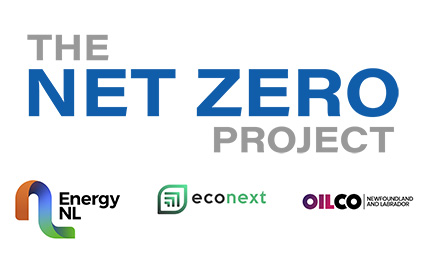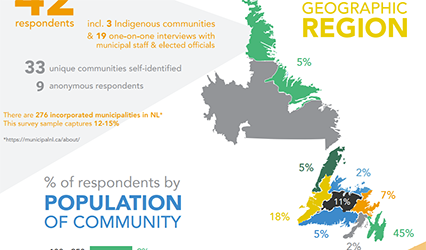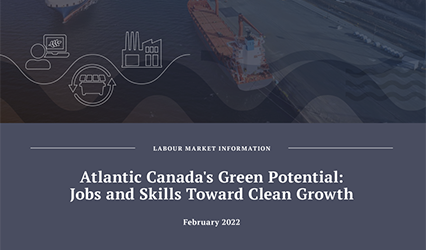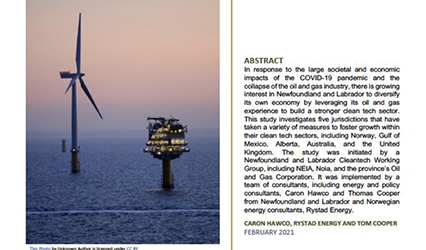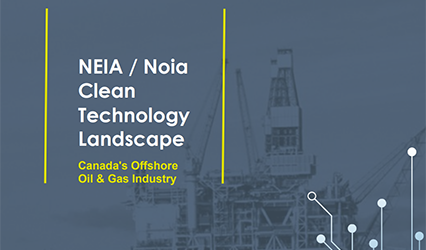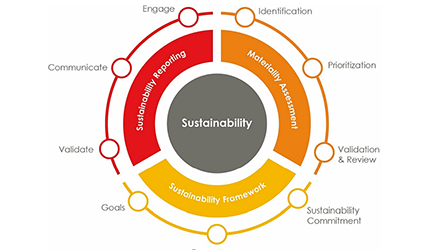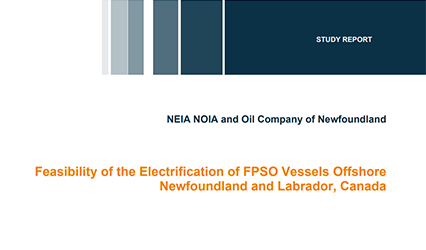In 2022 econext worked with Springboard Atlantic Inc. to determine opportunities to identify value from waste across four primary resources sectors within Atlantic Canada including fisheries, aquaculture, forestry, and agriculture.
The intent of the project was to identify waste management challenges faced by these sectors and the potential role of research and development (R&D) in addressing these challenges by extracting value from waste streams.
The scope of work included extensive stakeholder engagement through interviews with industry, the preparation of a summary report on value from waste opportunities, the evaluation of potential challenges including the development of an evaluation matrix and prioritization of challenges, the drafting of potential “challenge” statements to guide potential Springboard engagement in R&D on behalf of industry, vetting of challenge statements with industry and institutions, and finalization of challenge statements.
Download the Report
